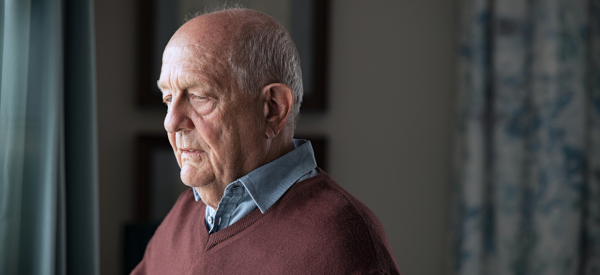Type 2 diabetes has the ability to cause damage to the body at any age. But seniors are at a much higher risk than any other age group. The incidence of Type 2 diabetes in seniors is higher for several reasons even when the senior person is not obese or really sedentary. It is really important for seniors to know the rules for diabetes in young people do not always apply to them.
Firstly, who is classed as a senior? I think it is fair to say the starting point is at the age of 65. A recent study has revealed approximately 12 percent of the senior population have diabetes. And there are more seniors who are pre-diabetic and don’t even have a clue they are having issues with higher than usual blood sugar. They think their lethargy, failing eyesight and more, is relevant to aging.
One of the most common ways diabetes or to be precise, high blood sugar levels, can affect seniors is through hearing loss. Losing some of your hearing as you age is quite normal, but losing too much can be diabetes-related. How much is too much? Only your doctor can tell you for sure.
Seniors with Type 2 diabetes have the eye problems that come along with diabetes, it’s just the eye problems come on earlier. One of the biggest problems is as many as one-third of the senior population never have an eye examination so how can the disease be found early enough to treat?
As we age, our bodies change the way they absorb and process vitamins, nutrients, minerals and other components. Supplements are a good way to bridge the gap, but they aren’t the perfect solution. Nothing beats getting what you need from healthy foods. That’s another reason why seniors should sit down with their doctor, and a dietitian, and go over their diet and what their bodies are lacking. Blood-work might even be necessary in order to gain a good perspective.
Having the right blood glucose meter is always essential for a diabetic, no matter what their age. That’s why manufacturers make meters geared strictly for seniors… they have specific features and easy-to-read displays. Another great feature is the meter has the ability to store readings and even download readings into reports which can be forwarded right to your doctor.
After age forty, men can lose as much as 8 percent of their muscle mass every ten years. The way to combat this is through exercise. While exercise is important for young people, it is imperative for seniors. Maintaining muscle not only helps protect against injuries during falls, but the increased muscle mass:
- helps to increase energy,
- help boost the immune system, and
- utilize sugar more efficiently, while burning fat.
In diabetes, exercise acts like insulin. The cells in the muscles being worked open up wide, in order to help the insulin convert the free-flowing sugar in the bloodstream into useful energy to be burned by your busy cells. Exercise lowers your blood sugar level without you needing to add more anti-diabetic medications to your regimen.
No one likes to go to the doctor but as you age, it becomes more and more important. The immune system becomes less effective and as organs age, they lose a little of their ability. It’s important the organs related to, and affected by, diabetes are being closely monitored. Guess what, that is all your body’s organs.
If you are scheduled to go to your doctor on a routine basis, then make sure you keep your appointments. If you miss one, make it up quickly. Missing appointments not only means keeping your doctor in the dark about your condition, but it keeps you in the dark also. This also means you have no idea of the “real” condition of your body and how unstable blood sugar is affecting your whole body.
You might feel fine, but your doctor can tell you for sure if there are any new developments you need to be focused on. Freedom Home Care provides services for seniors who wish to remain in the safety of their own home. If you or someone you know could benefit from our specialized services, give us a call or visit our website!
(Contributed by Covenant Care at Home)



